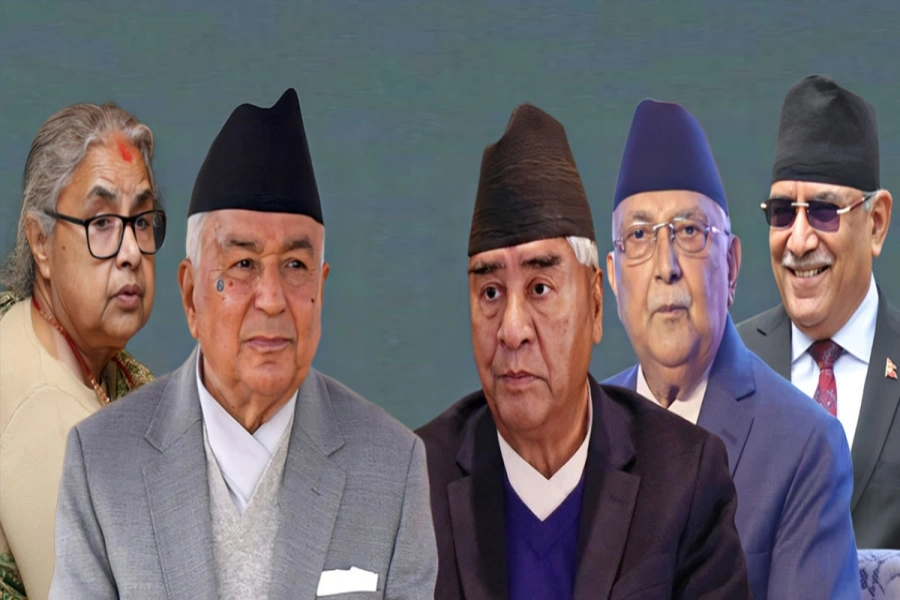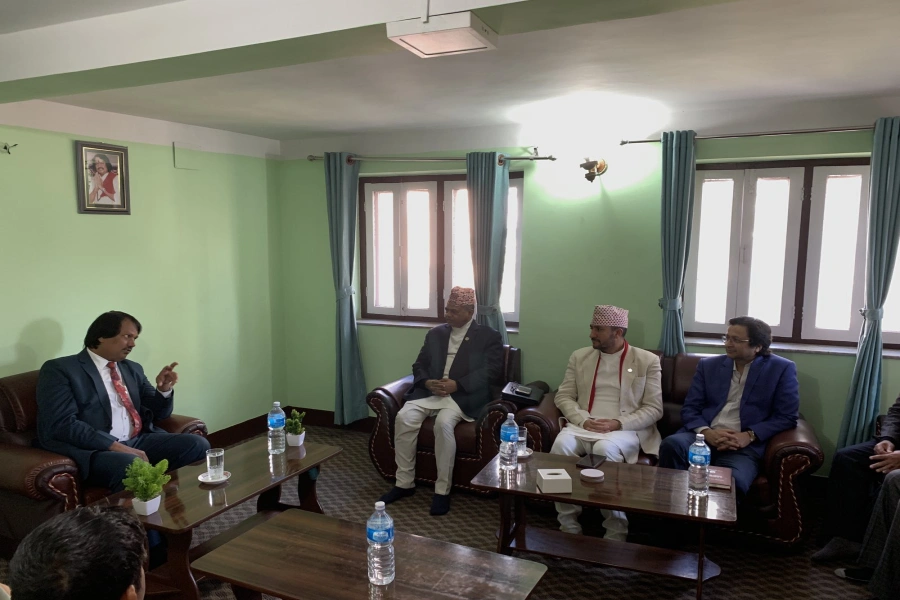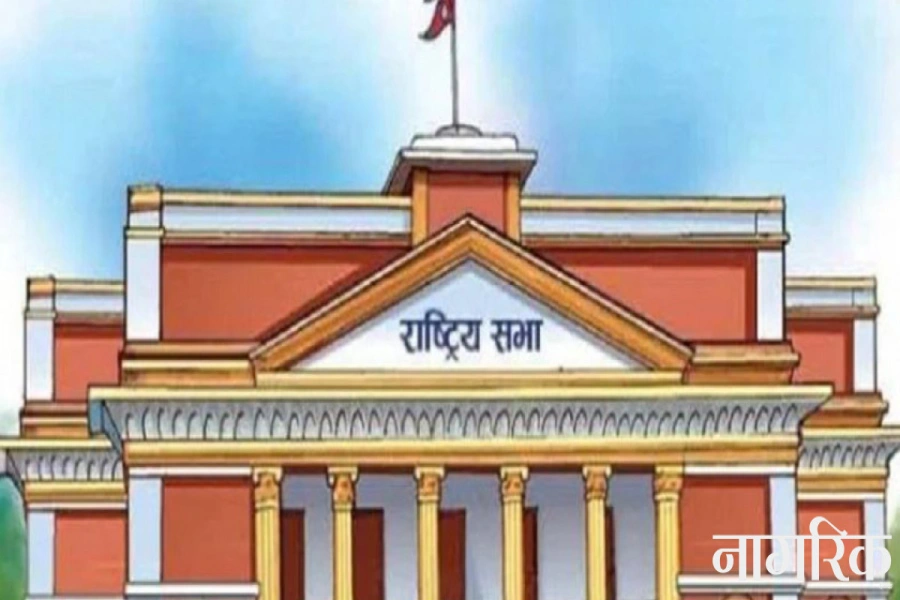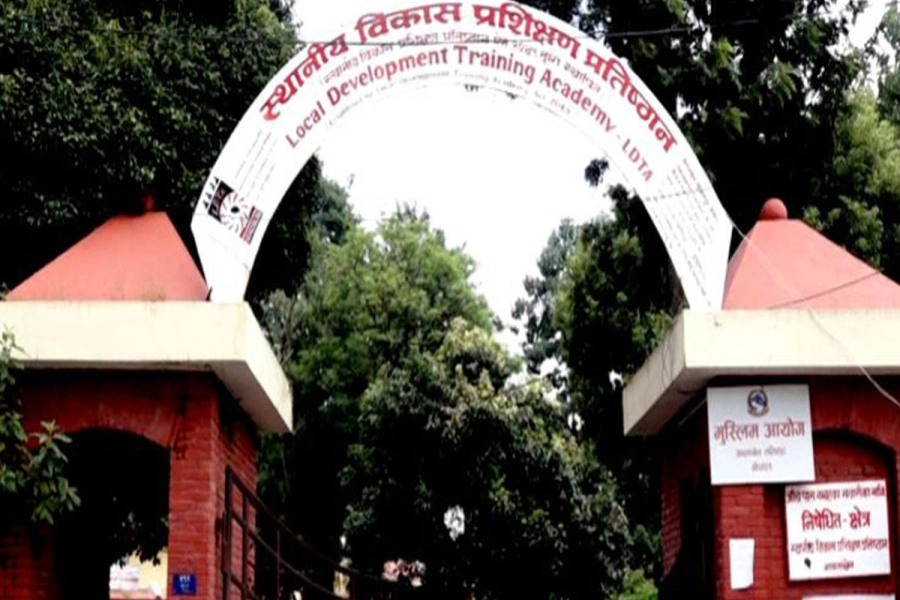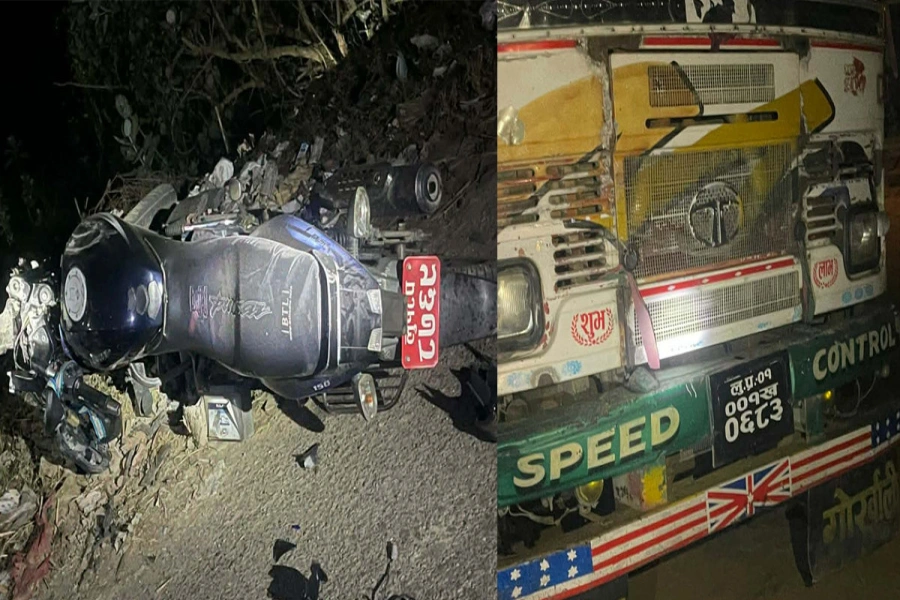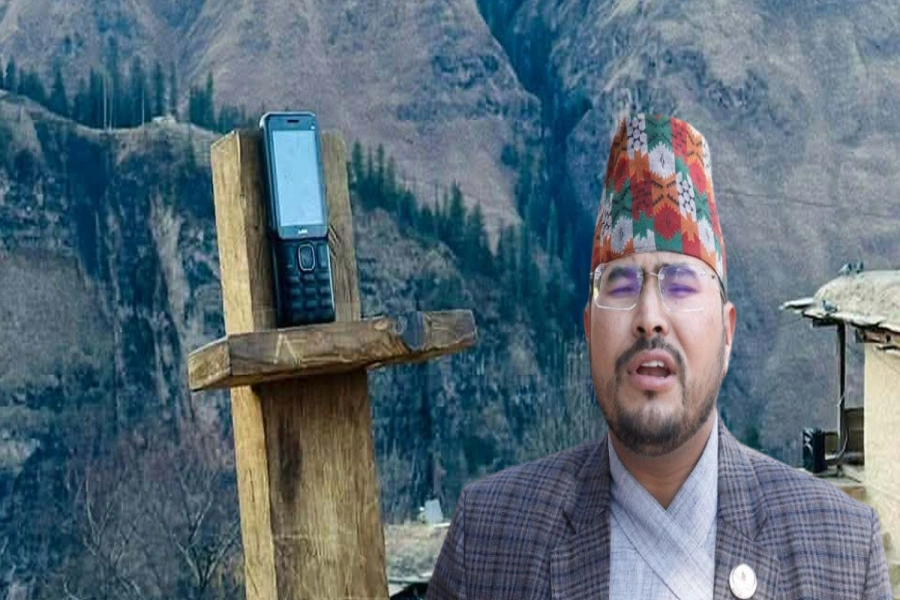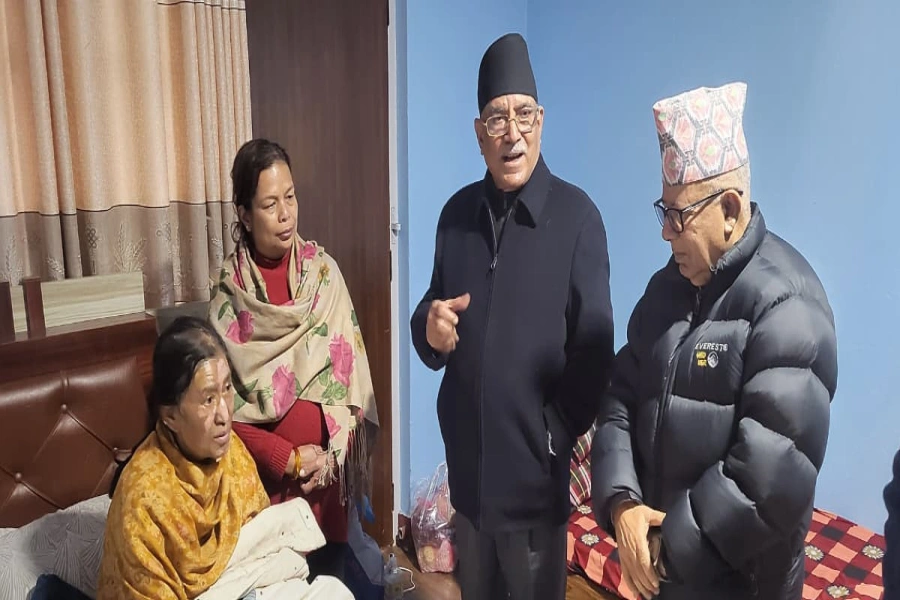“The traditional stove produces a lot of smoke and there is also a need to constantly fetch firewood,” said Nepal. “And food can be cooked faster on a briquette stove,” added Nepal.
The briquette stove whose production started in Sulubung-5 of Ilam two years ago has now gained popularity in the main markets of Ilam, apart from all other districts in the eastern region.

Women are switching in increasing numbers to briquette stoves as they are healthier than the traditional firewood stoves. Locals also say that briquette is also useful as a source of heat for women in postpartum, the sick, the elderly and children.
“Briquette does not produce smoke, dust and odor,” Nepal said. “It also doesn´t blacken hands and cooking utensils.”
Each briquette has a life-span of 90 minutes. Apart from being environmentally friendly, the briquette also does not carry the risk of setting off fire.
“Liquefied Petroleum Gas is no longer necessary,” said Nawal Kishore Tamang, who runs a hotel in Ilam Municipality-2. Tamang added that cooking gas is unreliable because of frequent short supply.
On the other hand, the briquette stove lasts for many years, and all that the locals needs to run it is the briquette coal that is locally made.
Briquette is produced in the district by processing plant leaves, grass and branches of trees.

Taramani Khatiwada, who founded the briquette manufacturing firm in the district, claimed that briquette is 40 percent more efficient than cooking gas and 60 percent than kerosene.
“Briquette does not have any harmful effect on health as it does not contain any chemical,” Khatiwada said.
He added that promoting the use of briquettes not only allows farmers to earn a living, but also saves a lot of foreign currency that the country spends in importing kerosene.
A briquette stove costs between Rs 300 and Rs 1,500 and comes in a variety of sizes. One briquette is enough to cook one meal for a family with five members. Each briquette costs Rs 10.
The stoves are sold in Panchthar, Ilam, Tehrathum, Taplejung, Jhapa, Morang, Sunsari, Kathmandu and even in Sikkim, Darjeeling and Kailmpong.
According to Khatiwada, the briquette firm directly employs 50 people. Additionally, 500 farmers are benefiting by providing raw materials for producing briquettes.
Khatiwada, a former Supreme Court employee, whose family survived on instant noodles for 15 days during the fuel crisis in 2002, spent four years to narrow down on an alternative source of energy.
After coming to know that many countries had been using briquettes as alternative source of energy for 50 years, he quit his job two years ago and set up the briquette firm in Ilam.
Briquettes to be produced by burning unusable bills







